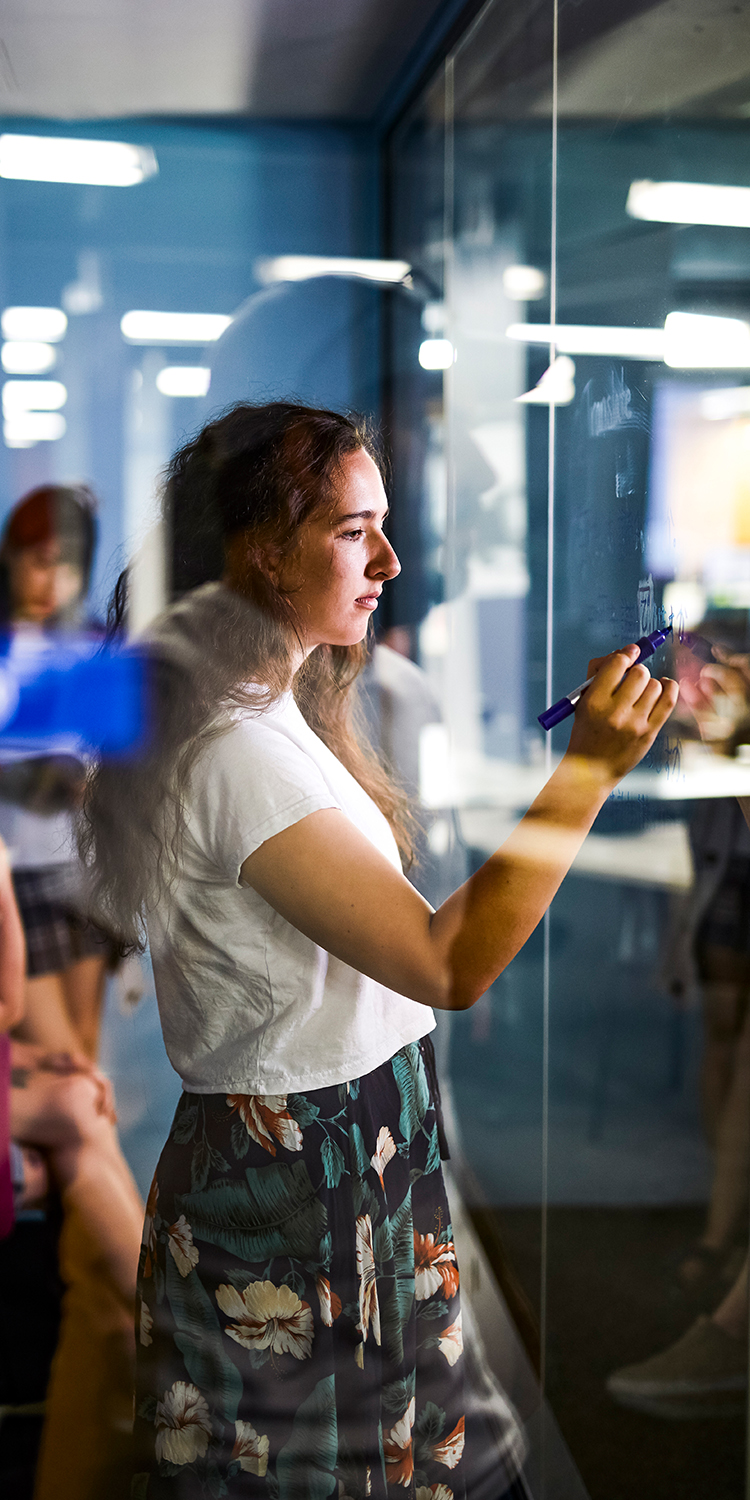Adelaide University is South Australia’s largest university with seven campuses across the state. Adelaide City Campus is in the heart of the central business district (including eastern and western precincts), while our Magill, Mawson Lakes and Waite campuses are located within the inner suburbs of Adelaide. Our Mount Gambier, Roseworthy and Whyalla campuses are set in the regions of South Australia. Building on our digital and online learning successes, we aim to also deliver online education to more students than any other Australian university.
Each of our campuses is equipped with cutting-edge, discipline specific facilities, contemporary study spaces and well-resourced libraries. Our city and suburban campuses also feature on-site gyms and eateries, and health services on, or nearby, campus.
You will be well supported academically, socially, emotionally and spiritually with access to on-campus facilities and services such as counselling, learning support, childcare, prayer rooms and more.








